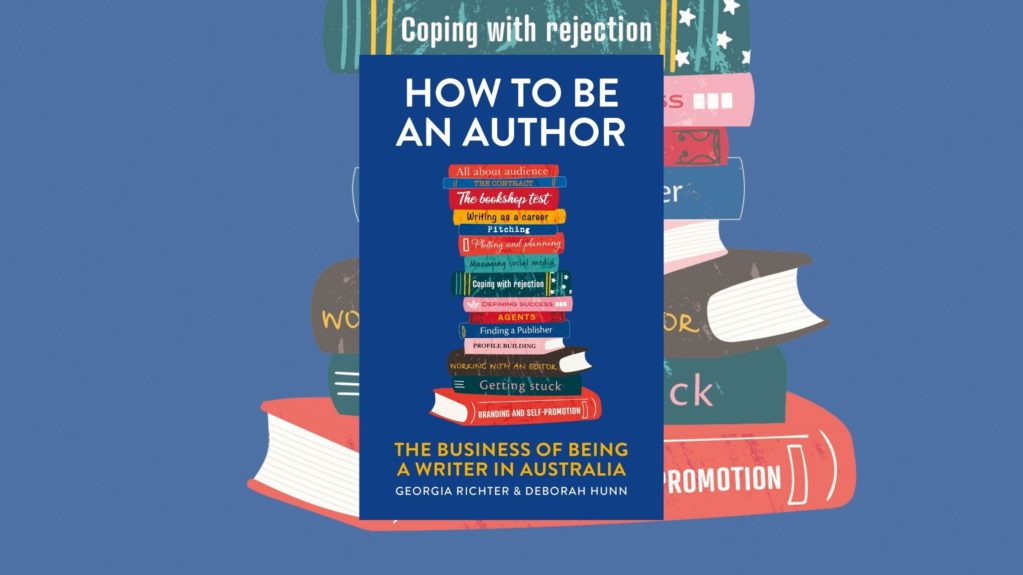One Day I Will Write About This Place – By Binyavanga Wainaina – Book Review

By the time Wainaina leaves Kenya to attend university in South Africa, a country smoldering with the last poisonous fumes of apartheid, his addiction to books is complete. He drops out of school to pursue more completely a life of reading. “Over the past year,” he writes, “as I fell away from everything and everybody, I moved out of the campus dorms and into a one-room outhouse. . . . My mattress has sunk in the middle. Books, cigarettes, dirty cups, empty chocolate wrappers and magazines are piled around my horizontal torso, on the floor, all within arm’s reach. If I put my mattress back on the bunk I am too close to the light that streams in from the window, so I use the chipboard bunk as a sort of scribble pad of options: butter, a knife, peanut butter and chutney, empty tins of pilchards, bread, a small television set, many books, matches and a sprawl of candles, all in various stages of undress and disintegration.”
Wainaina’s almost terrifying inability to do anything but read, even as the world around him falls apart (“I returned to my home, Kenya, to find people so far beyond cynicism that they looked back on their cynical days with fondness”), is a thread to follow through the book. The plot spoiler is in our hands — Wainaina obviously figured out that he must write to survive — yet the story of how he achieves this dream is gripping less for its preordained conclusion than for the way it unfolds in Wainaina’s jazzy style: riffing, inside-jokey, un-self-conscious. “I am starting to scribble my thoughts, to write these moments,” he says of his fledgling attempts to make stories from the raw material of his rich world. “It is when this is all done that I do what I do best. I look up, confused and fearful, all accordion with kimay; then soak in the safe patterns of other people, and live my life borrowing from them; then retreat — for reasons I don’t know — to look down, inside the safety of novels; and then I lift my eyes again to people, and make them my own sort of confused pattern. I am no sharp arrow cutting through the career ladder. It’s time to try to make some sort of sense of things on the written page. At least there, they can be shaped. I doubt myself the moment I think this.”
By 2001, Wainaina is 30 years old and tired of his itinerant life in South Africa. “I want to be home,” he writes. “Just to be home.” He returns to Kenya and finds housing near one of Nairobi’s largest slums. “Hostels like these are popular with college students and the newly employed. They are cheap and secure. Water is rationed. That first night I left the dry taps open, and I woke up to see my laptop floating in four inches of water. The screen died. I bought a cheap secondhand P.C. screen in the city, and now it is working.” By day Wainaina writes. By night he makes his way “through the zigzag paths” of the city’s streets “to catch the flickering streams of people.”
Wainaina was catapulted into the literary spotlight when his autobiographical novella “Discovering Home” was awarded the 2002 Caine Prize, sometimes called “the African Booker.” The work arose from a long, late-night e-mail to a friend, and it retains an unedited familiarity. “There is a problem,” it begins. “Somebody has locked themselves in the toilet. The upstairs bathroom is locked and Frank has disappeared with the keys. There is a small riot at the door, as drunk women with smudged lipstick and crooked wigs bang on the door.”
Source link

